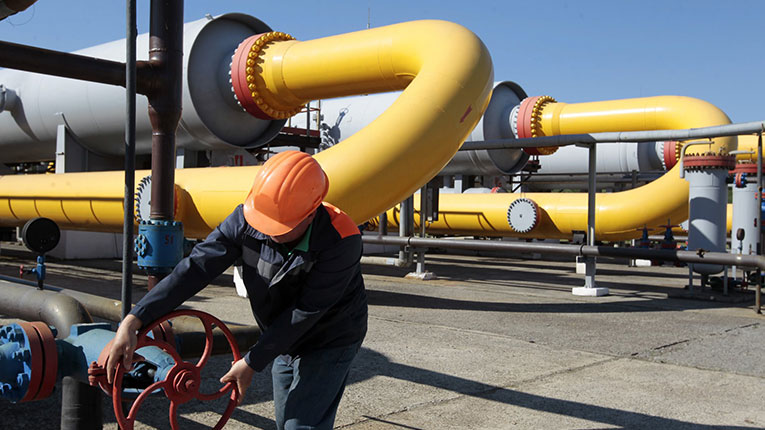Hungary plans to invest 16 billion euro by 2030 to increase electricity production and storage capacity to reduce its dependence on gas imports, which are mainly supplied by Russia, Hungary’s Minister of Innovation and Technology, Laszlo Palkovics, said on Tuesday, Reuters reports.
According to an agreement signed last year, before the outbreak of the war in Ukraine, Hungary receives 3.5 billion cubic meters of gas per year via Bulgaria and Serbia, according to a long-term agreement signed with Russia, to which one billion meters is added cubic via a pipeline from Austria. The agreement signed by Hungary with the Russian group Gazprom is for a period of 15 years, according to Agerpres.
In July, Prime Minister Viktor Orban’s government ended a year-long capping scheme for utility prices paid by households with high energy consumption. Laszlo Palkovics estimated that the removal of the cap would contribute to a decrease in gas consumption in the retail segment.
However, the quoted official stressed that more measures are needed to reduce the share of natural gas in Hungary’s final energy consumption, from 35% last year to 26% at the end of this decade, and the largest part of the progress will come as a result of electrification measures.
“The current situation is certainly one that creates incentives for several things,” said Laszlo Palkovics at a conference organized by the financial portal portfolio.hu.
According to the Hungarian official, the installed photovoltaic capacity will reach 8GW by 2024, and the additional demand that will come from the industrial sector by 2030 will require new investments to modernize transport networks and energy storage capacities.
“The development of electrical grids and storage capacities located near photovoltaic parks are not at the level they should be,” Laszlo Palkovics said, adding that the Budapest government will come up with more detailed plans in October.
Laszlo Palkovics also said that the current expansion project could extend the life of the existing reactors at the Paks nuclear power plant by up to two decades.
